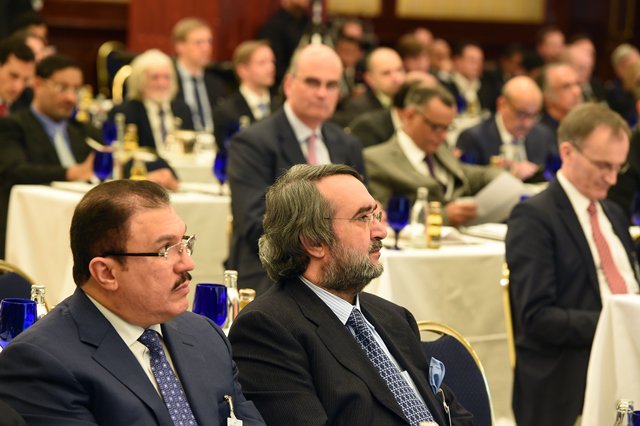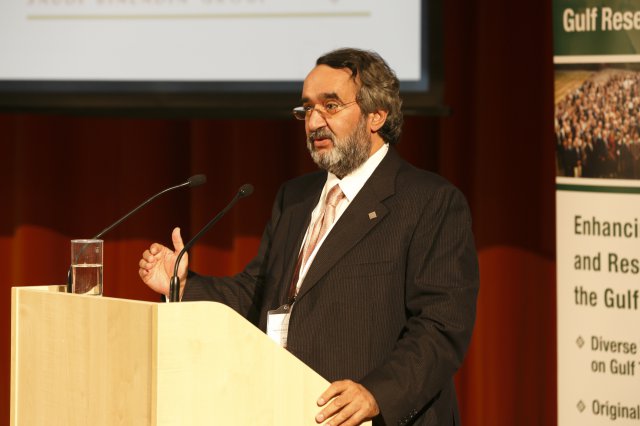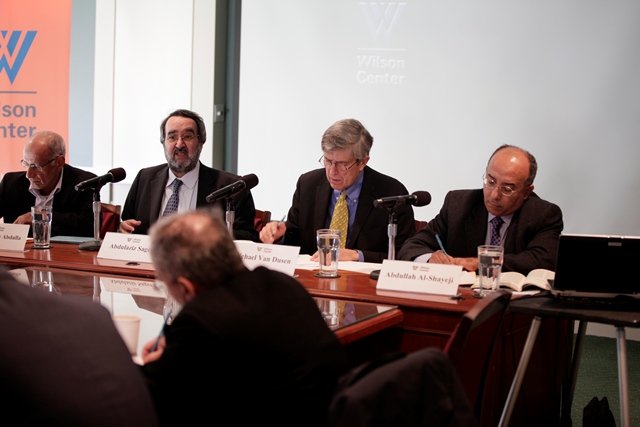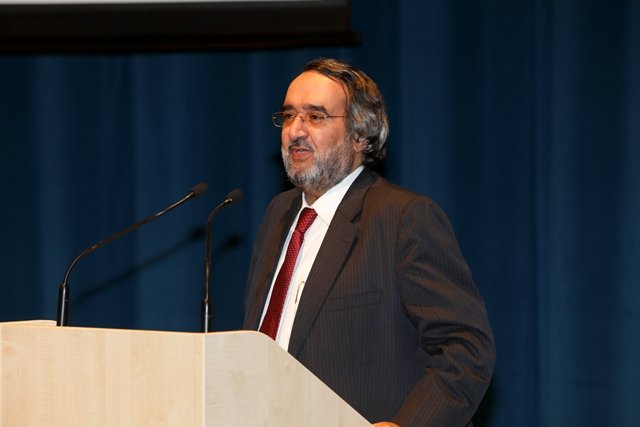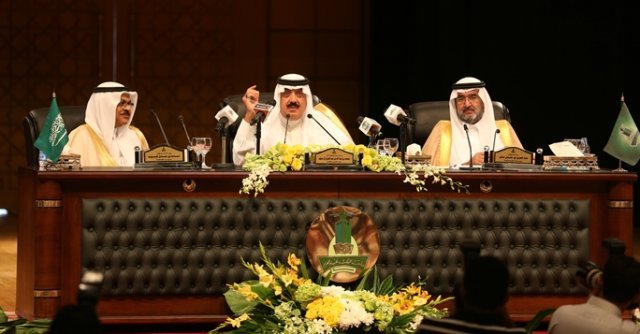The Gulf Research Center and the Middle East Institute held a public event in Washington DC on Friday on the subject of “A View from the Gulf: A Discussion of Gulf Politics and Security.”
The Gulf Research Center and the Middle East Institute held a public event in Washington DC on Friday on the subject of “A View from the Gulf: A Discussion of Gulf Politics and Security.” GRC Chairman Abdulaziz Sager focused on the domestic issues in the region arguing that the Gulf region is not immune from the chances taking place throughout the Middle East and advocating a continued reform process. Dr. Mustafa Alani, GRC Senior Advisor and head of the Security and Defense Program highlighted the main regional issues of Iran, Iraq and Yemen. He made the case that each of these countries present the GCC states with particular dilemmas which has increased the GCC’s sense of insecurity. Dr. Christian Koch, Director of the GRC Foundation, took a broader international angle seeing the Arab Gulf states deeply imbedded in the process of globalization but facing the dilemma between the US as security guarantor for the region and no other viable alternatives. The event was attended by about 100 person from the academic and think tank community in the Washington area. Amb. David Mack of the Middle East Institute moderated the session.
